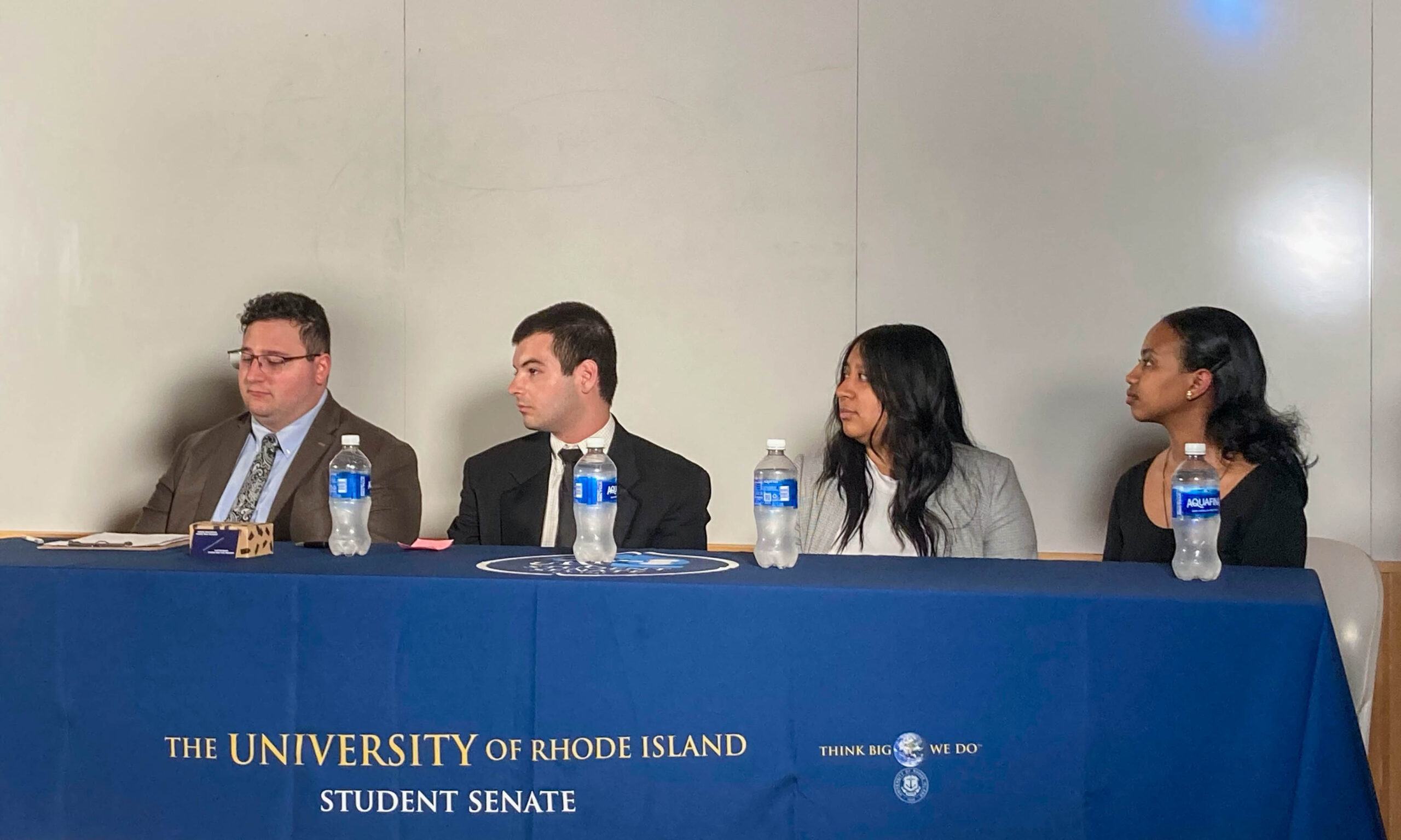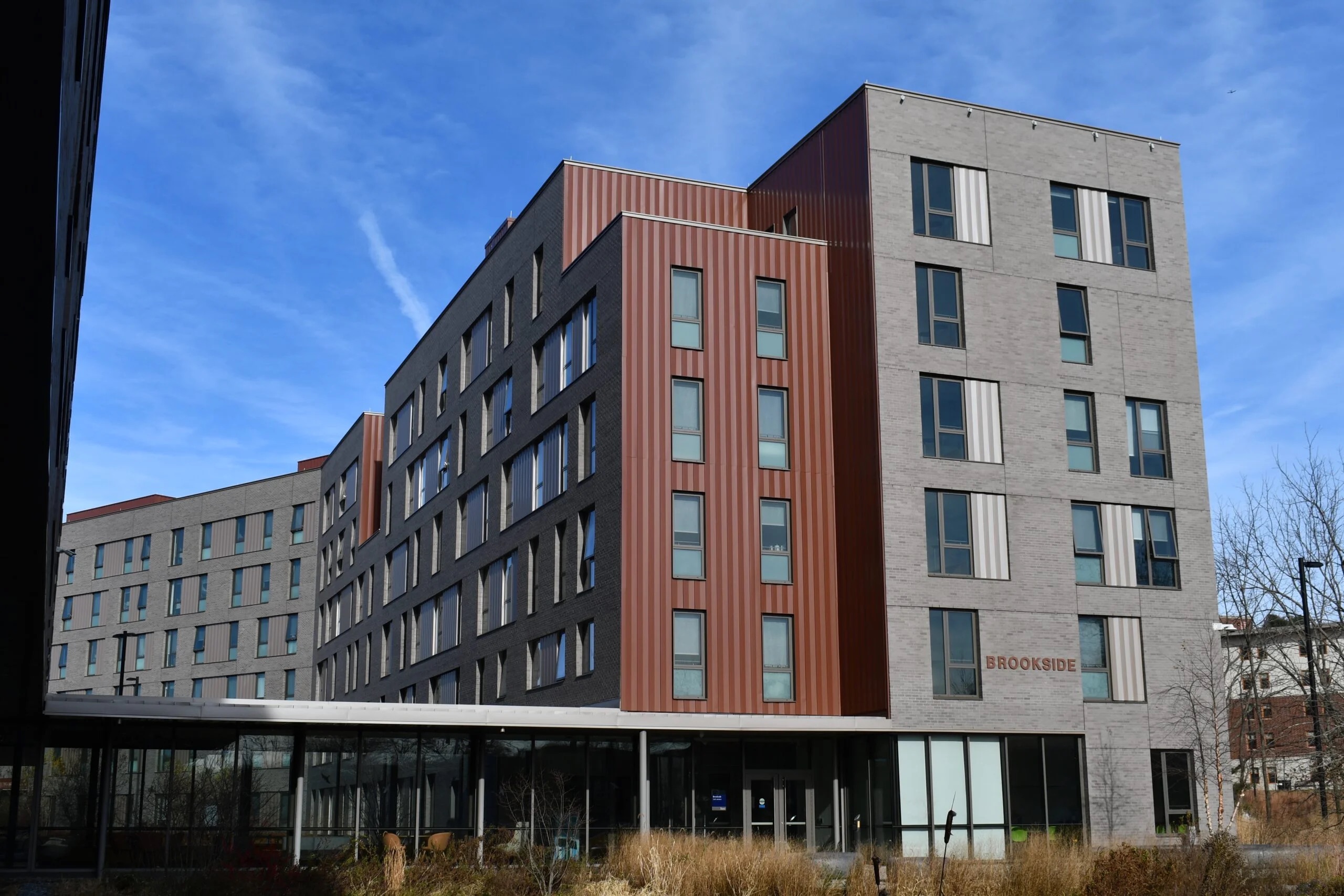On Wednesday, Nov. 15, 2017, the University of Rhode Island hosted the Foundation for Individual Rights in Education (FIRE) for a presentation on how public institutions infringe upon American’s First Amendment rights.
“This event has been a long time coming,” Sam Foer, organizer of the event said.
After a comprehensive summer internship with FIRE, Foer learned about free speech within higher education and the violations that URI’s restrictive policies have caused. From there Foer decided to organize a campus-wide event, “to educate students about free speech and how URI is feeding into and teaching us notions destructive to our education while restricting our rights.”
Issues of concern include the Community Standards of Behavior-Bias-Based Incidents; Student Code of Conduct-Sexual Harassment; Bias Response Team; and Student Code of Conduct-Respect for University Functions, Policies and Procedures.
FIRE utilizes a “traffic light system” to designate where policies fall in their infringement on students rights through their vague wording. URI’s sexual harassment policy is marked as a “red light” on FIRE’s website for the examples it lists as verbal harassment.
In its definition of sexual harassment, URI lists examples of “sexual remarks, comments, jokes and innuendos, communicating unwelcome stories about someone’s social or sexual life, and propositions or pressure for social or sexual contact.”
This policy is considered damaging because it forces students to consider self-censoring in terms of their jokes, conversations and pursuits.
In addition, the First Amendment protects these actions, with the only unprotected forms of speech being obscenity, child pornography, true threats, incitement and “fighting words.”
“No one wants to be labeled a sexual harasser,” Ari Cohn, attorney for FIRE and keynote speaker of Reclaim Free Speech URI, said.
Cohn provided examples of how vague policies at other public universities provide a disservice to their students and limit expression.
“Why would students want to voice a joke [and] the face the potential of being labeled a sexual harasser by their university?” asked Foer, “One person’s unwelcome joke is another person’s comedic masterpiece.”
Foer went on to say, “this isn’t just restricting our rights, it’s quite condescending to students perfectly capable of taking a joke, and dealing with the person who said something unwelcome in a sophisticated manner without running to authority.”
FIRE strives to inform students of their rights and to legally fight for those who are wrongfully charged for violating improper codes of conduct. In the past, FIRE has defended many students and even sued universities for their first amendment violating procedures.
URI is currently in the process of revising their code of conduct, as they do every two years, and FIRE strongly encourages the University take their suggestions into consideration.
“The mechanism of free speech is more profound and nuanced than most people think, and that to realize its profundity is to be able to harness it and use it in the most conducive ways,” explained Foer.



